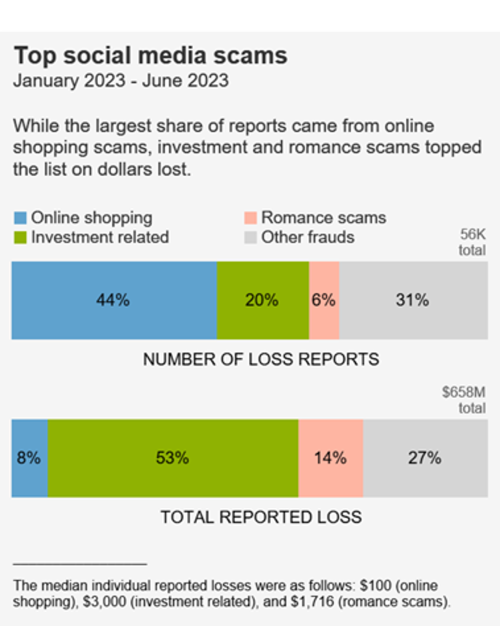Social Media Scams

Social Media Scams have become one of the fastest-growing forms of online fraud. With billions of people using platforms like Facebook, Instagram, Twitter (X), TikTok, and LinkedIn, scammers have found endless opportunities to trick users. These scams can appear as fake investment opportunities, impersonated accounts, fraudulent giveaways, phishing links, or even emotional manipulation through direct messages.
The rise of digital communication has made it easier than ever for criminals to hide behind fake profiles, stolen photos, and convincing stories. Victims are often lured by the familiarity of social platforms—they feel like they’re engaging with friends, influencers, or trusted brands. But behind the screen, fraudsters are waiting to exploit trust, curiosity, and sometimes desperation for financial gain.
How It Works
Social media scams come in many forms, but they often share one thing in common: they exploit trust and urgency. For example, scammers may create fake celebrity or brand pages promoting unbelievable giveaways such as “Win an iPhone, just click this link!” Others may impersonate a victim’s friend or relative, asking for urgent financial help.
Another common trick involves fraudulent investment pitches, particularly in cryptocurrency or forex trading, where victims are shown fake profit screenshots and pressured into depositing money into bogus platforms. Some scammers also send phishing links disguised as login pages, tricking users into entering their credentials, which are later used for account takeovers.

For businesses, the risks are even higher. Criminals often clone company pages, run fake ads, or impersonate customer service representatives to steal sensitive information from clients. This not only causes financial harm but can also damage the brand’s reputation.
According to global cybercrime reports, social media scams account for over $1 billion in annual losses worldwide. In the U.S., the Federal Trade Commission (FTC) revealed that in recent years, more than one in four fraud reports involved scams that started on social media.
The most targeted age group is surprisingly young adults (18–35), who spend the most time online and are more likely to engage with new accounts, giveaways, and investment pitches. However, no age group is completely safe—scammers design their approaches to appeal to anyone, from young professionals to retirees.
We Will Be Useful to You
At Jitte Rex Tech, we help victims of social media scams trace fraudulent activities, recover stolen funds, and secure their accounts. Whether you lost money to a fake investment group, gave sensitive information to an impersonator, or had your account taken over, our experts provide step-by-step recovery and security solutions.
We also work with businesses to detect fraudulent brand impersonations, report fake accounts, and develop preventive measures to safeguard their online presence.

👉 If you have fallen victim to a social media scam—or suspect a fake account is trying to trick you—contact us immediately. We will help you recover, secure your digital identity, and stay protected against future threats.



